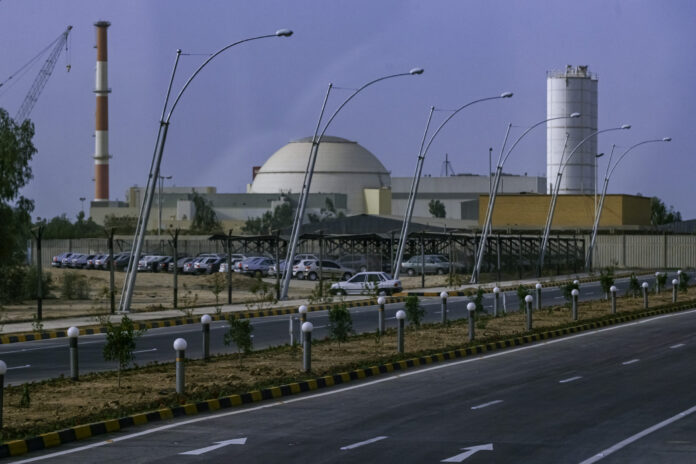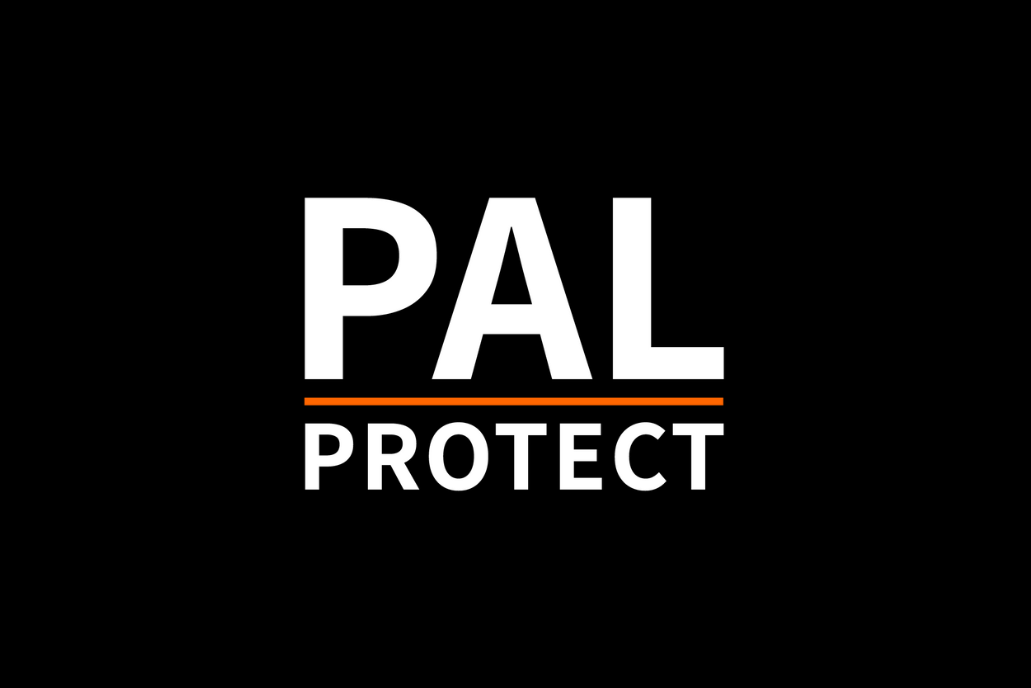Israel’s military has claimed that recent strikes against Iran have dealt a severe blow to Tehran’s nuclear ambitions, setting its nuclear and missile programmes back “by years”.
In a statement released on Tuesday, the Chief of Staff of the Israel Defence Forces (IDF), Lieutenant General Herzi Halevi, said the current phase of Israel’s campaign against Iran had concluded, and a new chapter was beginning.
“We have concluded a significant phase, but the campaign against Iran is not over. We are entering a new phase based on the achievements of the current one,” said Lt Gen Halevi. “We’ve set Iran’s nuclear project back by years, and the same applies to its missile programme.”
Earlier in the day, Israeli officials declared that the country had eliminated what they described as the “dual existential threat” posed by Iran’s nuclear and ballistic missile capabilities.
The Israeli military has not disclosed the precise nature or targets of the strikes. However, the announcement follows a wave of coordinated attacks believed to have struck Iranian nuclear infrastructure and missile development sites.
US Involvement
The operation also involved American military support. Speaking after US airstrikes on Sunday, former US President Donald Trump claimed American forces had “totally obliterated” Iran’s main nuclear facilities.
The extent of the damage remains unclear, and independent verification of the strikes’ effectiveness has not yet been confirmed. Analysts have raised doubts over whether the attacks have permanently disrupted Iran’s nuclear capabilities.
International Concerns
Some intelligence experts have warned that Iran may have relocated stockpiles of highly enriched uranium prior to the strikes. This raises the possibility that, while infrastructure may have been hit, key nuclear materials could have been preserved elsewhere.
On Tuesday, French President Emmanuel Macron expressed concern that Tehran could now attempt to enrich uranium in secret, further escalating tensions in the region. He described the risk of clandestine enrichment as “increased” following the attacks.
Strategic Shift
Israel’s announcement signals a broader strategic shift in its long-running shadow conflict with Iran. The reference to a “new phase” suggests continued military and intelligence pressure aimed at further degrading Iran’s ability to develop nuclear weapons and advanced missile systems.
The escalation comes as the war in Ukraine, Iranian-backed proxy activity across the Middle East, and global concerns over nuclear proliferation continue to dominate Western security agendas.
Western governments have so far responded cautiously to Israel’s claims, with some NATO allies urging restraint amid fears of regional escalation.
















